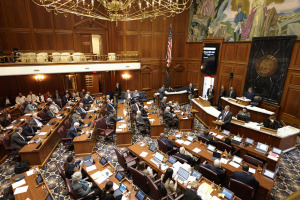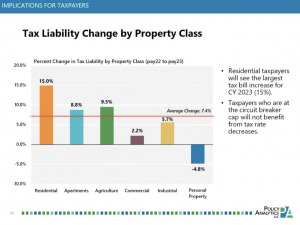
Indiana schools still on hook for curricular fees under House budget plan
Indiana House Republicans said their budget plan would eliminate textbook and curricular fees for kids in K-12 public schools. But budget writers did not specifically appropriate state dollars to cover the cost

















